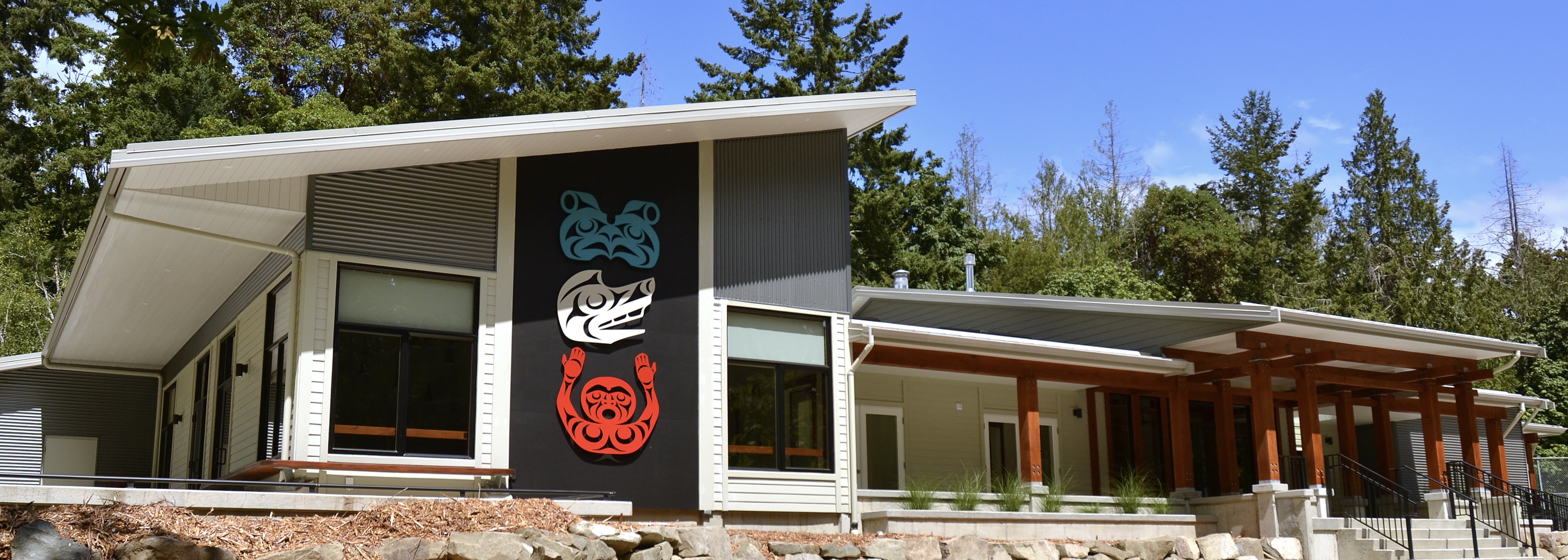August Bat Program ~ News Release
 Thursday, August 13, 2020 at 10:15AM
Thursday, August 13, 2020 at 10:15AM Bats on the move!
For Immediate Release
Aug 10, 2020
Are you noticing more bats around your house or property? You are not alone! Mid- to late-summer is the time when landowners typically notice more bat activity, may have bats flying into their house, and occasionally find a bat on the ground or roosting in unusual locations.
There is no need to be alarmed at these surprise visitors. They are often the young pups, spreading their wings. Pups are usually born in late June. “In July and August, pups are learning to fly, and their early efforts may land them in locations where they are more likely to come in contact with humans“, says Mandy Kellner, biologist and coordinator with the BC Community Bat Program. “If they are in a safe location, out of the way of people and pets, you can leave them alone they will move off on their own within days.”
If you find a bat, alive or dead, never touch it with your bare hands. Bats in BC have very low levels of rabies infection, but any risk of transmission must not be taken lightly. Contact Public Health, Health Link 811, a doctor or veterinarian if a person or pet could have come into direct contact (bitten, scratched etc.) with a bat. Landowners can visit the Got Bats? BC Community Bat Program’s website (www.bcbats.ca) for information on safely moving a single bat if necessary.
Female bats gather in maternity colonies in early summer, where they will remain until the pups are ready to fly. Some species of bats have adapted to live in human structures, and colonies may be found under roofs or siding, or in attics, barns, or other buildings. Having bats is viewed as a benefit by some landowners, who appreciate the insect control. Others may prefer to exclude the bats. Under the BC Wildlife Act it is illegal to exterminate or harm bats, and exclusion can only be done in the fall and winter after it is determined that the bats are no longer in the building.
In general, September and October are an excellent time to do bat-friendly renovations or exclusion work. You can find guidance on timing and methods through the BC Community Bat Project website at www.bcbats.ca. Download the “Managing Bats in Buildings” booklet, or contact your local Community Bat Program Coordinator, Rob Welsh @ 250-246-1547 or rmwelsh@telus.net
The BC Community Bat Program is funded by the Habitat Conservation Trust Foundation, the Forest Enhancement Society of BC, the Habitat Stewardship Program for Species at Risk, and the Government of BC.
Photo1: Bats may roost in unusual places this time of year as they leave summer roosts. Photo: L Parker.

Photo2: Timing calendar for bat-friendly renovations or exclusions. From Managing Bats In Buildings, BC Community Bat Program.









